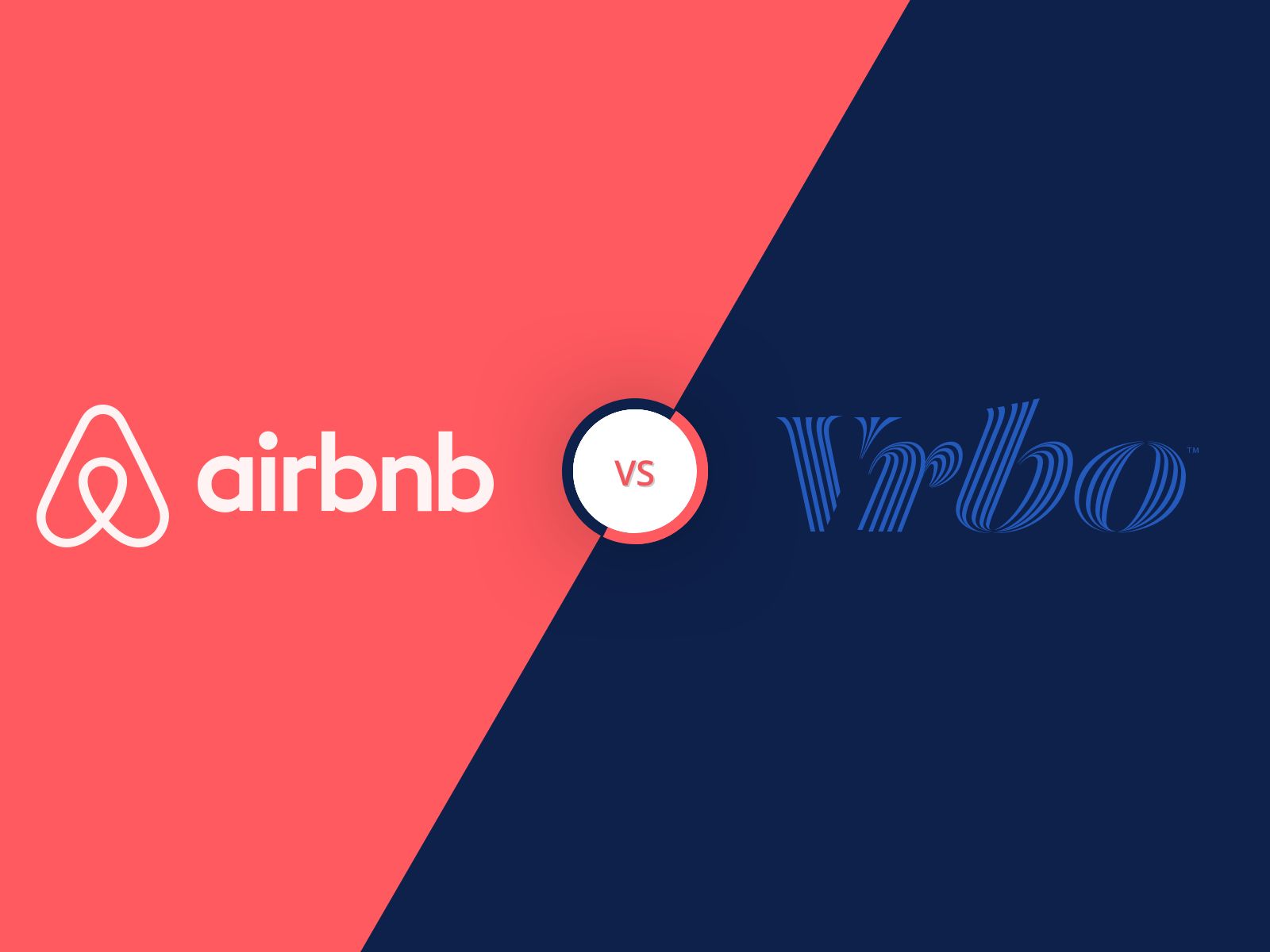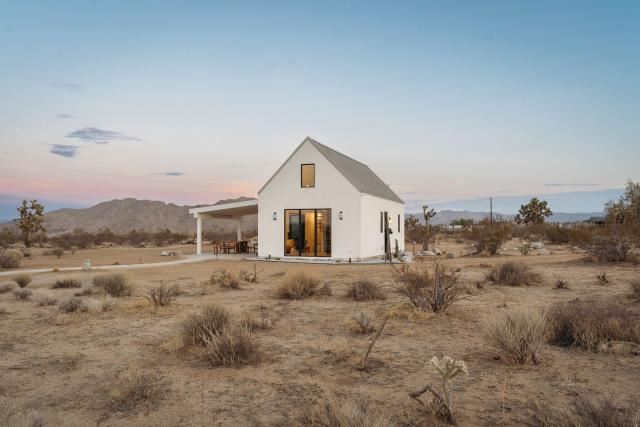When planning a vacation, choosing the right accommodation is crucial, and platforms like Airbnb and Vrbo are leading the market for short-term rentals. According to Madeline List, a senior research analyst at Phocuswright, both platforms often cross-list properties, meaning travelers might encounter the same rental on multiple sites. Despite their similarities, there are distinct differences between Airbnb and Vrbo that could influence your decision.
Airbnb’s Unique Edge
Airbnb stands out primarily due to its extensive number of listings and strong brand recognition. In its 2024 spring update, Airbnb reported over 7.7 million listings, significantly more than Vrbo’s 2 million. This dominance in the market is reflected in brand awareness; Phocuswright’s 2021 report found that 78% of surveyed short-term rental users were aware of Airbnb, compared to 50% for Vrbo.
Airbnb is known for its diverse and unique offerings, including unusual stays like houseboats and yurts. Recently, the company introduced the “Icons” category, featuring exceptional listings such as the clock room at the Musée d’Orsay and a replica of Carl Fredricksen’s house from the movie “Up.” According to Dave Stephenson, Airbnb’s chief business officer, the platform aims to provide unforgettable experiences regardless of travel budget or group size. This variety and focus on unique experiences set Airbnb apart, appealing to travelers looking for something different.
Vrbo’s Established Reliability
Vrbo, though smaller in terms of listings, has been a staple in the vacation rental industry long before Airbnb’s inception. Acquired by Expedia Group in 2015, Vrbo (previously VRBO) offers private rentals only, ensuring guests have the entire space to themselves without sharing it with hosts. This privacy can be a significant advantage for travelers seeking a more secluded and personal experience. Melanie Fish, VP of Global PR for Expedia Group Brands, emphasizes Vrbo’s dedication to providing consistent and reliable vacation rentals, ideal for family and friends.
Unlike Airbnb, which sometimes features shared spaces, Vrbo guarantees that guests have the whole property to themselves. This platform also integrates with Expedia Group’s One Key rewards program, allowing guests to earn and use rewards across Vrbo, Expedia, and Hotels.com. Additionally, Vrbo displays total prices, including fees, by default, addressing a common frustration among travelers regarding hidden charges. Despite having fewer listings, Vrbo maintains a strong market presence and loyal customer base, thanks to its emphasis on privacy and straightforward pricing.
Cost Considerations
The cost of rentals on Airbnb and Vrbo can vary due to the different fee structures and dynamic pricing tools available to hosts on each platform. Hosts set their prices based on the commissions and fees each platform charges, which might result in price differences for the same property across the two sites. Booking directly with rental operators can save money on booking fees, but this isn’t always possible or comfortable for travelers. Using centralized platforms like Airbnb and Vrbo offers more purchase security and customer support, which can be reassuring for many.

Both Airbnb and Vrbo provide valuable options for travelers seeking short-term rentals, but the choice between them depends on individual preferences and needs. Airbnb’s vast array of unique and diverse listings appeals to those looking for extraordinary experiences, while Vrbo’s emphasis on privacy and straightforward pricing makes it ideal for families and groups seeking reliable and consistent accommodations. Understanding the key differences and similarities between these platforms can help travelers make informed decisions and find the perfect place for their next vacation.
